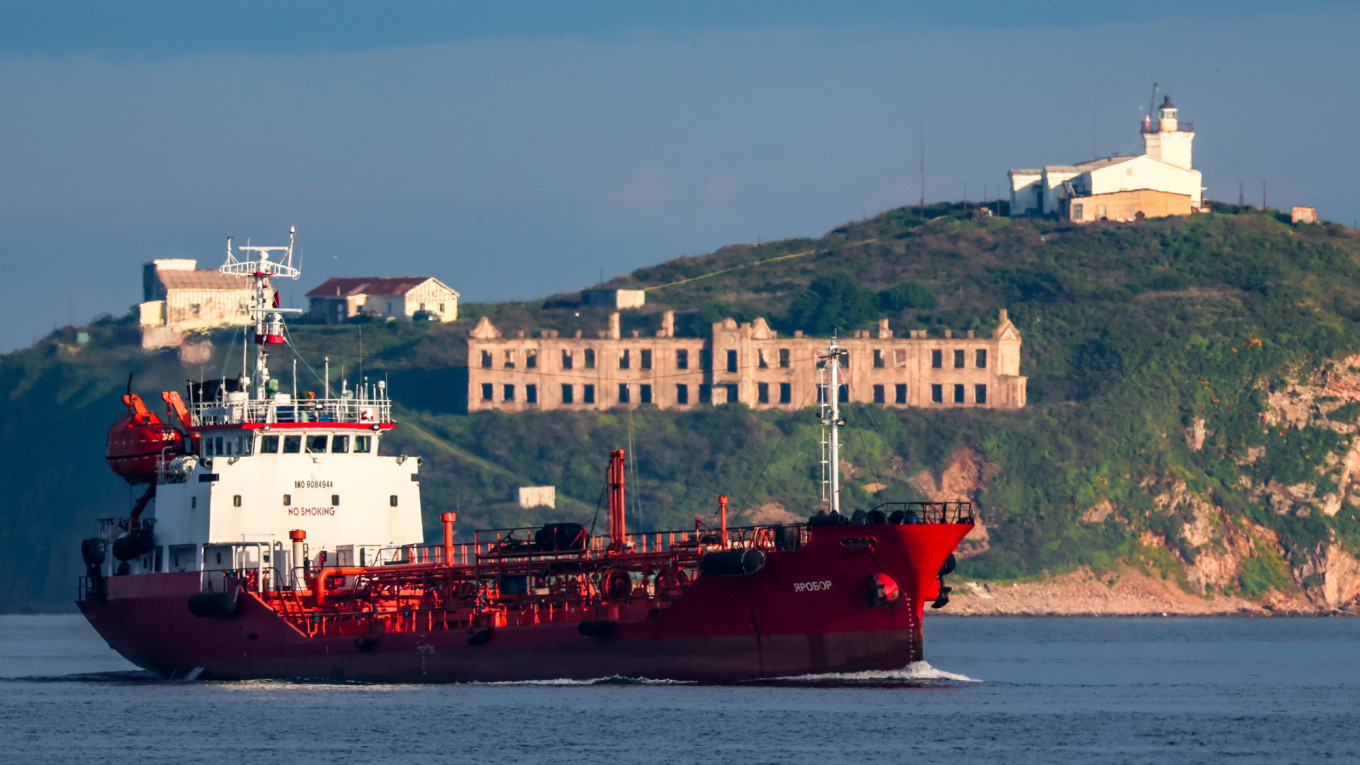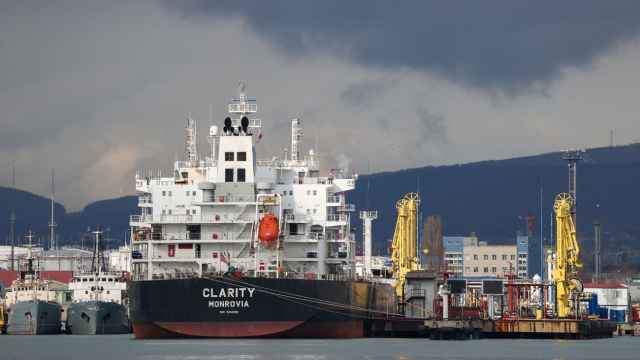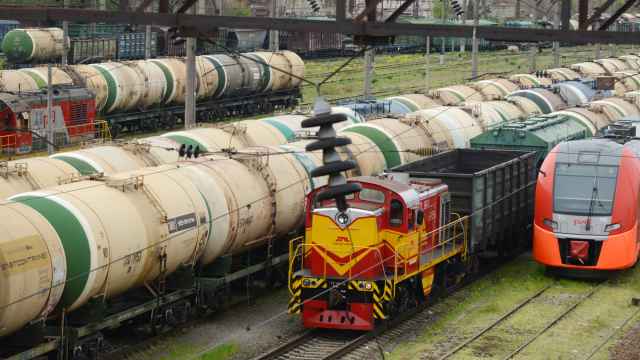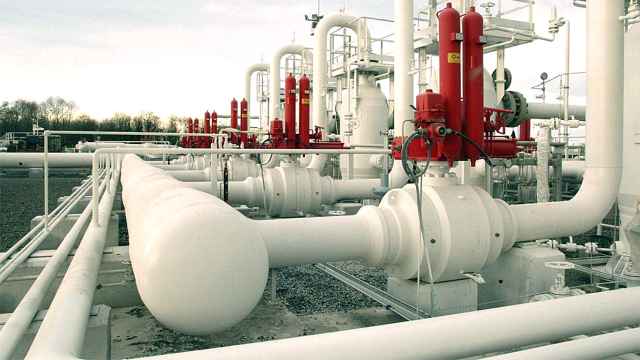Finance ministers of the G7 nations vowed Saturday to step up efforts to prevent Russia from evading sanctions imposed after its invasion of Ukraine.
"We remain committed to taking further initiatives in response to oil price cap violations," the group said in a statement following a meeting in Washington. Those further steps were not spelled out in detail.
In December 2022, the G7 together with the European Union and Australia agreed to pressure purchasers of Russian oil to not go above a certain price ceiling.
The agreement was intended to limit Russian petroleum sales and revenues without curbing exports so sharply that it would cause global oil prices to soar.
But some countries, notably China, have continued to import Russian crude oil without observing the price ceiling.
The G7 finance ministers also said they would take additional measures aimed at "increasing the costs to Russia of using the shadow fleet to evade sanctions."
Officials say Russia has used its fleet of shadow tankers, many of them old, unmarked and poorly maintained, to skirt sanctions by transporting oil without properly declaring their cargo or itineraries.
The tankers sometimes load or transfer their cargo at sea to avoid unwanted attention.
The United States and the EU have sanctioned several of these ships and their owners, notably Russia's government-owned maritime company Sovcomflot.
The G7 ministers said they intended "to intensify our efforts to prevent financial institutions from supporting Russia's evasion of our sanctions."
According to the U.S. Office of Foreign Assets Control, Russian financial institutions have developed a network of foreign subsidiaries to facilitate the purchase or sale of sanctioned goods.
Joining the G7 ministers in the meeting Saturday were the heads of the seven countries' central banks, plus top officials of the International Monetary Fund (IMF), the World Bank and the Organization for Economic Cooperation and Development (OECD).
The G7, which groups seven of the world's most advanced economies, announced Friday it had reached an agreement to provide a loan of around $50 billion to Ukraine.
The loan will be repaid not by Ukraine but with the interest — roughly $3 billion a year — generated by Russian assets seized and frozen after the war began in February 2022.
A Message from The Moscow Times:
Dear readers,
We are facing unprecedented challenges. Russia's Prosecutor General's Office has designated The Moscow Times as an "undesirable" organization, criminalizing our work and putting our staff at risk of prosecution. This follows our earlier unjust labeling as a "foreign agent."
These actions are direct attempts to silence independent journalism in Russia. The authorities claim our work "discredits the decisions of the Russian leadership." We see things differently: we strive to provide accurate, unbiased reporting on Russia.
We, the journalists of The Moscow Times, refuse to be silenced. But to continue our work, we need your help.
Your support, no matter how small, makes a world of difference. If you can, please support us monthly starting from just $2. It's quick to set up, and every contribution makes a significant impact.
By supporting The Moscow Times, you're defending open, independent journalism in the face of repression. Thank you for standing with us.
Remind me later.






